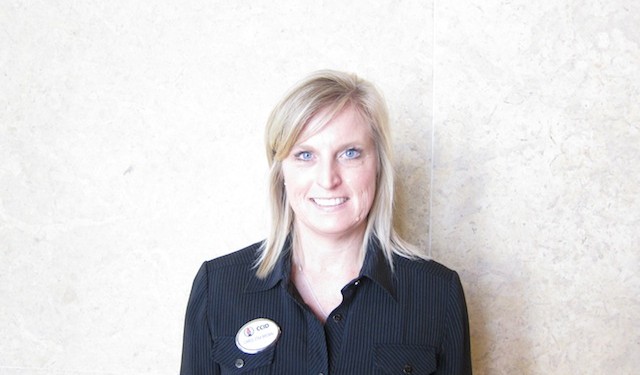CSB: You want to make sure the college has opportunities for the students to engage with the local community. And that the faculty are prepared to work with international students. A lot of them are, but a lot of damage can be done if students show up and nobody’s aware.
News and business analysis for Professionals in International Education
Have some pie!
Carol Stax Brown, Community Colleges for International Development (USA)

The PIE: It sounds like community colleges are newer to international recruiting than universities.
CSB: The majority of the community colleges are in small communities, rural communities, that don’t necessarily have that expectation that they are meant to be a global institution. So it’s not natural that they invest money in attracting students from all over the world.
More and more they are, though, because they realise they need to expose their students to different cultures for them to be successful, even within their local communities. Less than 1% of community college students will study abroad.
“You need the community on board… The perception can be that international students are taking away local services and seats”
But you need to have the community on board with that concept. If they hear that suddenly students are coming to their local colleges from all over the world the perception can be that they are taking away local services, taking away seats.
The PIE: Have you had resistance from communities?
CSB: Oh yeah. Any one bad experience and they’ll just shut it down, and say no more international students at least not for a while.
The PIE: You wouldn’t associate that reaction with universities, why are colleges different?
CSB: Community colleges have to respond to local needs. If they shut a plant down in a local area, then you might have 200 additional students the next semester because they’re coming to be retrained. So they’ll open up new classes and hire more faculty because they have to serve the needs of the community. In fact, international students can bring significant revenues to local communities.
The PIE: Is that through their differentiated fees?
CSB: Students generally pay double or triple what and in-state student would pay. There’s usually and in-state rate, out of state rate and international rate. But they also build capacity at the college and help the college develop relationships with local providers of accommodation and transport. They are also a boost to the community because they come and take apartment space.
“Students generally pay double or triple what and in-state student would pay”
The PIE: What are the other barriers for colleges recruiting international students?
CSB: Public spending cuts can affect things. Often you’ll see leadership back away from aggressive recruitment efforts, because everything may become controversial if suddenly there’s no money available yet seats are being filled by international students. But then you’ll find in other areas that leadership is quite wise to the fact that international students do pay additional tuition, which actually supports other US students.
The PIE: Do community colleges ever offer internationals a route to work in the US?
CSB: They could do. But in most parts of the world the two-year degree is not recognised. So if they are returning home, they are going to be looking for a four-year credential. I could see potential in students with degrees coming for an add-on certificate in a very particular area. But the employers need to see the value in that, and we have a long way to go in educating other countries about what those certificates and degrees mean.
Still looking? Find by category:



One Response to Carol Stax Brown, Community Colleges for International Development (USA)